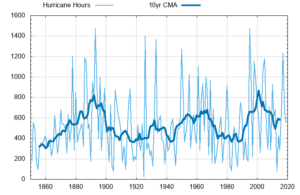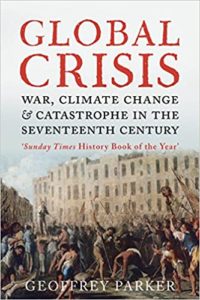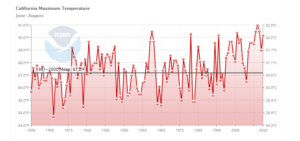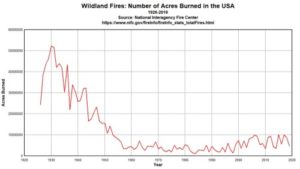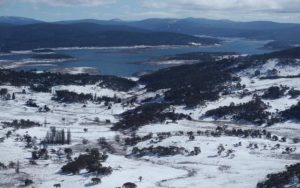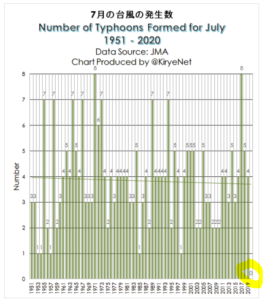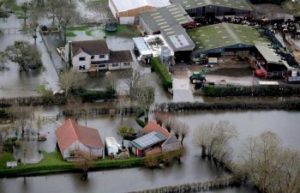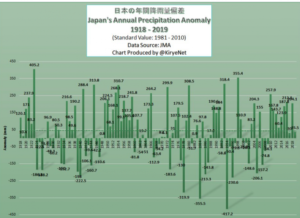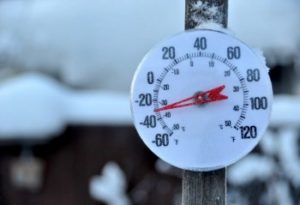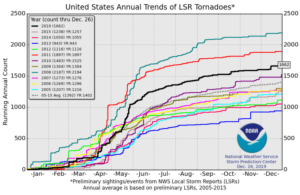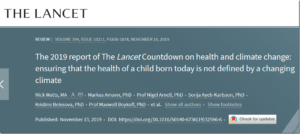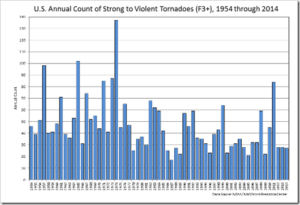Amazon’s blurb sets the scene:
Revolutions, droughts, famines, invasions, wars, regicides – the calamities of the mid-seventeenth century were not only unprecedented, they were agonisingly widespread. A global crisis extended from England to Japan, and from the Russian Empire to sub-Saharan Africa. North and South America, too, suffered turbulence. The distinguished historian Geoffrey Parker examines first-hand accounts of men and women throughout the world describing what they saw and suffered during a sequence of political, economic and social crises that stretched from 1618 to the 1680s. Parker also deploys scientific evidence concerning climate conditions of the period, and his use of ‘natural’ as well as ‘human’ archives transforms our understanding of the World Crisis. Changes in the prevailing weather patterns during the 1640s and 1650s – longer and harsher winters, and cooler and wetter summers – disrupted growing seasons, causing dearth, malnutrition, and disease, along with more deaths and fewer births. Some contemporaries estimated that one-third of the world died, and much of the surviving historical evidence supports their pessimism.
Amongst these catastrophic events, Parker lists:
Early 17thC
1) West Africa, from the Sahel in the north to Angola in the south, suffered a prolonged drought between 1614 and 1619.
2) Catalonia suffered “the year of the flood” in 1617.
3) All Europe experienced an unusually cold winter in 1620/21, when many rivers froze so hard for 3 months that they could bear the weight of loaded carts; even the Bosphorus froze, an unheard of event.
4) Japan suffered its coldest spring of the century in 1616, while the sub tropical region of Fujian in China had heavy snowfall two years later, another extremely rare event.
5) Droughts in five years out of six between 1616 and 1621 almost the destroyed the new colonies in Virginia.
6) After a few better years, the summer of 1627 in Europe was the wettest for 500 years, followed by the “year without a summer” in 1628, when it was so cold that many crops never ripened.
7) Between 1629 and 1632, much of Europe suffered excessive rains, followed by drought.
8) Conversely, northern India suffered a “perfect drought” in 1630/31, followed the next year by catastrophic floods.
Parker notes that “all of these regions experienced dramatic falls in population”
…

